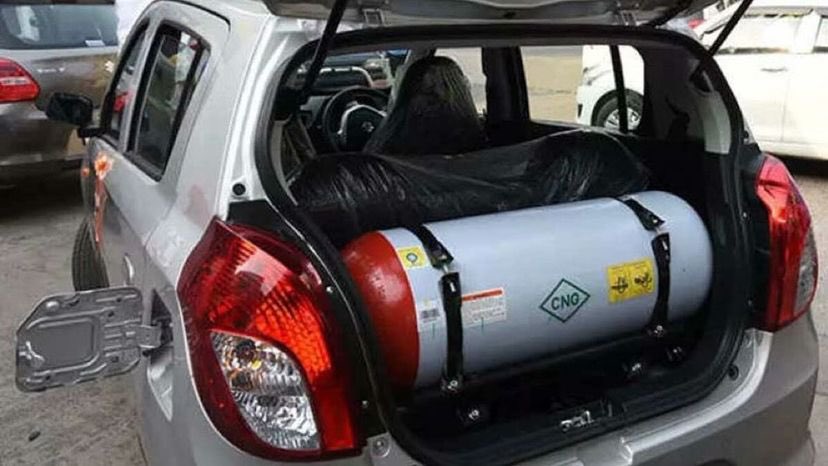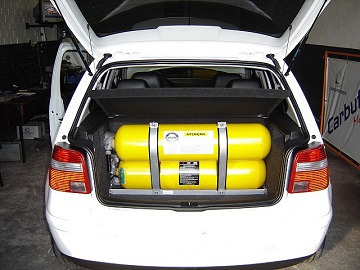The aggressive push for Compressed Natural Gas (CNG) vehicles in Nigeria feels more like a trap than a solution.
While CNG might seem like a cleaner, cheaper alternative to petrol and diesel, the reality tells a different story.
This forced transition is riddled with dangers, unanswered questions, and a blatant disregard for public safety. There is a significant difference between factory-fitted CNG vehicles and cars converted locally to run on CNG.

Factory-fitted CNG cars are designed with safety in mind, built to handle pressurized gas effectively. On the other hand, converted cars are often retrofitted using questionable materials and techniques.
This compromises the structural integrity of the vehicle and exposes both passengers and bystanders to unnecessary risk.
In Nigeria, where regulation and quality assurance are almost non-existent, the dangers of using converted CNG vehicles are alarmingly high. If the government is serious about promoting CNG, why aren’t they leading by example? Why hasn’t the presidency or any government body publicly converted their vehicles to CNG? Leadership should demonstrate confidence in a policy by adopting it first, not by forcing citizens to take the leap blindly.
The refusal of those in power to convert their fleets suggests either a lack of faith in the technology or a disregard for the safety of Nigerians. It is unacceptable to use the Nigerians as test subjects in such a high-stakes gamble. The sudden and aggressive promotion of CNG cars also raises red flags.
READ ALSO: Malaysia Sets to Ban CNG-Powered Vehicles Over Safety Concerns
Viral videos, such as 2Baba endorsing CNG, after himself,Ola of Lagos and host of other celebrities were allegedly sponsored by the federal government to visit CNG factories in India, add to the suspicion.
Since when did the government develop this much love for Nigerians? When has making life easier for ordinary Nigerians become the aim of APC ? This abrupt interest feels orchestrated, and it’s hard not to wonder if there are hidden agendas or corporate interests driving this policy.
The Nigerian in me is screaming CAUTION! The risks are clear. In June 2023, a CNG-powered vehicle exploded in Lagos, killing two passengers and injuring others. Similar incidents in Ogun, Edo and Delta states have shown how dangerous these cars can be, especially on our poorly maintained roads.
Potholes, reckless driving, and a lack of proper vehicle maintenance create the perfect environment for disaster.
Instead of addressing these glaring issues, the government appears focused on pushing its agenda, regardless of the consequences. Why the rush? Why promote a technology that is clearly not safe or suitable for our environment? Why insist on a transition that has already claimed lives? These questions remain unanswered, and until they are, Nigerians have every right to be skeptical.
This is not just about fuel alternatives; it is about safety and survival. Without proper infrastructure, strict regulation, and a clear distinction between factory-fitted and converted CNG cars, this policy is premature and reckless.
Nigerians deserve better than to be guinea pigs in a dangerous experiment. Until the government addresses these concerns, convert their own fleet to CNG, CNG cars will remain less of a solution and more of a highway to hell.
Follow the Parallel Facts channel on WhatsApp: https://whatsapp.com/channel/0029VaCQSAoHgZWiDjR3Kn2E








Leave a Reply